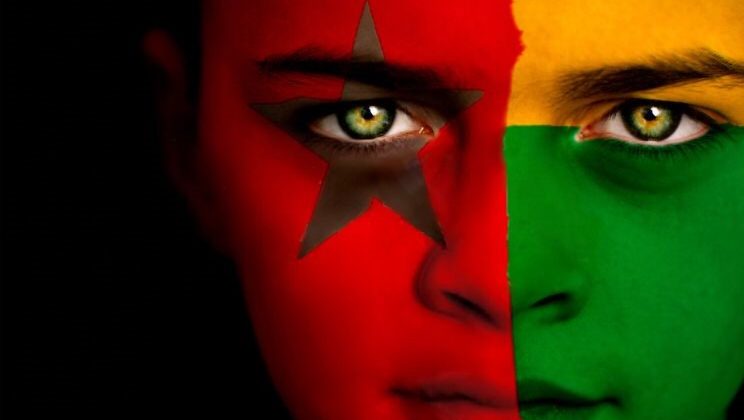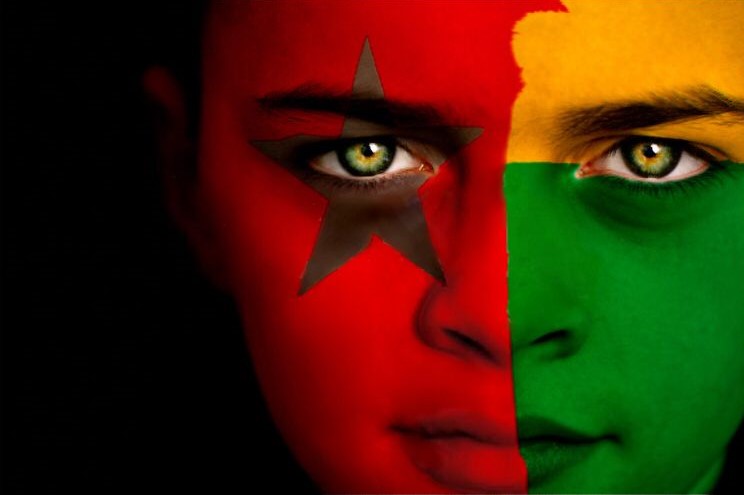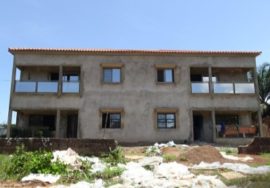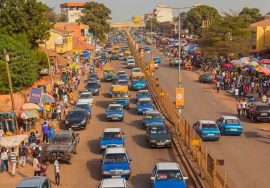
What Needs to be Said

“How? How do we do this? Can this be done? Are we the ones to do it?”
“Can we measurably improve healthcare in Guinea Bissau?”
“Are we able to build enough schools to make a difference?”
“How are we going to bring portable water filtration into people’s homes?”
“Is it too big? Too much? Are we crazy?”
One might think that these are the questions of doubters, but they are not. They are questions that only those with a true desire to make a difference consider on a daily – sometimes hourly – basis.
These are also the questions that in part birthed The Dos Santos Foundation. You’ll hear more about the mission, vision and values of the corporation; however, consider some of these sobering statistics:
Education:
-
- 48% of the population of Guinea Bissau is illiterate.
-
- 38.5% of these are women.
-
- 74.6% of school-aged children live more than an hour from a school.
The “Jardim Escola Sorriso Do Amanha” school for primary aged children has now been built in the country and remains fully operational. The goal of The Dos Santos Foundation is to increase access to education by continuing to build schools in areas where access to learning facilities is the most difficult.
Healthcare:
-
- There are only eight hospitals in the country of Guinea Bissau (and not all are functional). This is the lowest rate of any sovereign country on the entire continent of Africa. By comparison, Nigeria has 879 hospitals, the Democratic Republic of the Congo has 435, and South Africa has over 600.
-
- Guinea Bissau has alarming indicators for maternal-infant health, with one of the highest maternal mortality rates worldwide. According to UNICEF, more than 40% of all female deaths are attributed to pregnancy and delivery.
-
- Only $68 per person, per year is spent on healthcare in Guinea-Bissau.
The Dos Santos Foundation aims to expand and modernize healthcare not only by building hospitals, but by building clinics in the least-served areas of the country. These clinics will target lifestyle diseases, maternal-child health, infectious disease and water-borne illnesses. The first clinic is nearly complete as of this writing, and is expected to be fully functional by December 2023.
Of all the questions posed at the beginning of this post, the silent question has always been: Can we get past the political and military instability of the country to effect change? While the Foundation does not involve itself in the political affairs of the country, the answer is YES. Many inroads have been made in this area. While there will always be challenges, we expect continued success in this arena. Regardless of the ever-changing political and military climate, we believe that silence about factors that affect the population in Guinea Bissau constitutes violence against its people.
When it comes to the never-ending questions of hope that beset us, we realize that sometimes you have to walk to the edge of the light and take a single step into the darkness before the ground meets your feet. That’s faith. That’s rebellion. That’s love.


